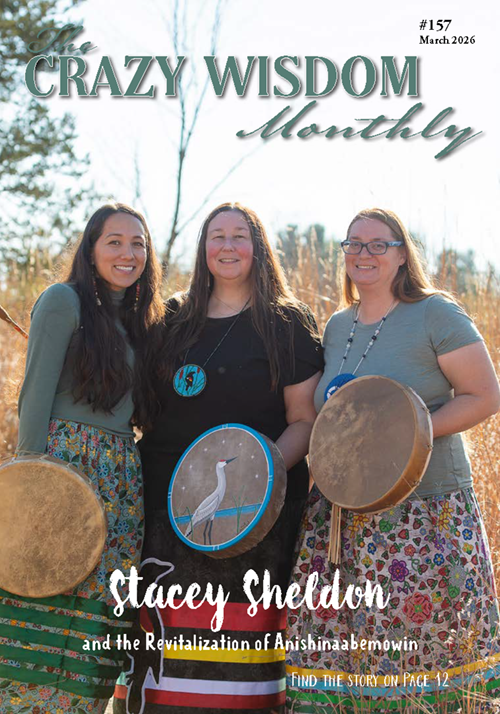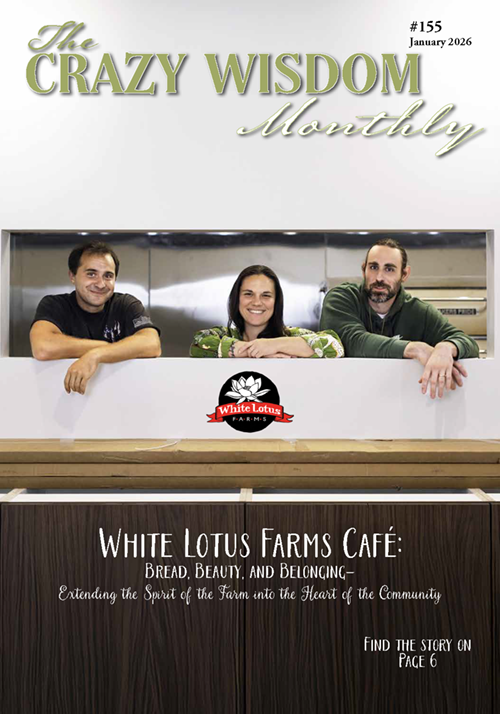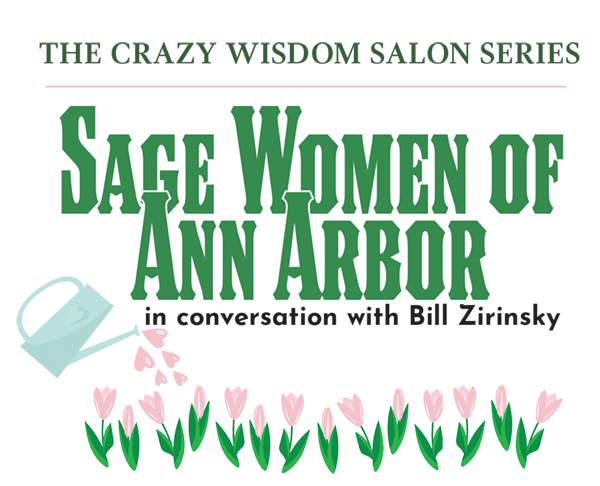Lady
By Monica Turenne
Working in the veterinary medical field, I sometimes feel we are inundated with information about the latest and greatest drug, the best test for this and that, and the newest surgical and diagnostic procedures.
It can seem overwhelming, and, at times, I want to retreat to just what I know now, but the truth of the matter is, that it is all important to consider if I am to help my patients to the best of my ability. So I listen, read, and research as much as I can, in the hopes that the information will one day prove useful.
And then one day, I met a patient who had myriad health concerns. She had a heart problem and an adrenal gland disease, which both required chronic medications. And if that was not enough, she was so weak in her hind legs that she needed a customized canine cart to get around.
Her name was Lady, and she was one of the happiest dogs I have ever known. She never complained about anything and was always so happy to see me! Despite her near-paralysis, Lady got around in her cart like nothing – maneuvering around tight corners in the house and walking down the sidewalk to the YMCA to meet new people as if that was her job in life. She loved living!
“Despite her near-paralysis, Lady got around in her cart like nothing – maneuvering around tight corners in the house and walking down the sidewalk to the YMCA to meet new people as if that was her job in life. She loved living!”
Lady was cared for by her pet parents Stevie and Andy. These two parents dedicated their lives to Lady. They rearranged their schedules so Lady would never be alone, and never complained about how much work Lady was – and she was a lot of work. Because of Lady’s near paralysis, she required round-the-clock care. She could not be left alone when she was in her cart, nor could she be left alone when she was not in her cart. She needed to be carried up and down any staircase, including the one to get outside. She took a variety of medications, some with food, some without food – so imagine the time spent on this routine before and after meals.
She was also not eating well, so many meals needed to be offered throughout the day (there was no “feed 1 cup, twice daily”). And Stevie and Andy were doing a routine familiar to many elderly canine parents – trying one type of dog/human/cat food after another, after another, after another, just to get her to eat a little bit. And what she would eat one day she would not eat the next. And if the days were not hard enough, Lady also needed to be taken outside at least once a night. Just writing about this is exhausting. But for Stevie and Andy, there was no other option. Lady was their child, and they were committed to giving her the best of everything, including veterinary care.
But we knew Lady was not well. Her appetite had been declining steadily, and she was losing weight rapidly. We determined through a variety of tests that she had a urinary tract infection, a kidney infection, and that her adrenal disease was not being controlled properly. So we treated the infections and made adjustments to her medications in hopes she would start eating better. We waited….and waited for the appetite to appear, and it just did not. We even tried an appetite stimulant and even that did not help. And still, Lady continued on, being the happy dog they knew and loved. They would go on walks, Lady in her cart, front legs strong and pulling her cart behind her. Some people would stop and admire her, and others would stop and question her quality of life. But through it all, Lady plugged away. Then one day, she had a focal seizure – it was mild, it was barely noticeable. A few days later, she had a major seizure – it was not mild, it was very noticeable.
Stevie and Andy had always wanted to go to the ends of the Earth for Lady so we had planned for the next round of tests – to check her adrenal gland disease as well as her infections; perhaps she just needed a different antibiotic? Perhaps a new anti-nausea medication? And I planned to talk with them about a neurology consult; would anti-seizure medications be needed? There just had to be more we could do for Lady. We had to be able to save her.
Then one morning I received an email from Stevie. She said she woke up with a clarity of thought that was surprising to herself. She realized that no matter what we did, Lady would continue to be the happy dog putting one paw in front of the other, pulling her cart behind her, looking for the next person to win over. We could do ultrasounds, urine tests, blood tests and try all kinds of different drugs to help her appetite, eliminate the infection and stop the seizures but the simple truth was that Lady was dying and her way of telling us that was by not eating.
She would never tell them by being unhappy – she was just not that kind of dog.
There are those dogs that want to please their owners and will do anything, including eat, play and act fairly normal in the face of serious disease or pain.
“There are those dogs that want to please their owners and will do anything, including eat, play and act fairly normal in the face of serious disease or pain.”
With these dogs, pet parents often have to step in and make difficult decisions for them because the pet simply is not capable of signaling that they are suffering.
Lady was a little different. Lady was simply an incredibly happy dog. I have never met a dog who was happier. You just looked at her and you could not help but smile back. She loved being alive. She liked her walks and meeting people. And she devotedly loved Stevie and Andy because they completed her and allowed her to fulfill this life she was meant to lead. Lady loved life so much that she was incapable of being unhappy, despite her illness. And yet, she needed a way to let her pet parents know that she was struggling and that she needed help. She chose food as her signal. Stevie recognized this and with this new clarity, they decided it was time to let her go.
There were to be no more expensive medications and no more fancy blood tests. Yes, we could continue on, but should we? Stevie and Andy were saying no. The part of me that wanted to save Lady had to let go and accept that all the knowledge in the world would not save her. It was her time. So after a beautiful walk to the YMCA and back, Stevie and Andy said goodbye to their beautiful friend. While there was sadness, we could also feel the essence that was Lady, her pure joy, being released from her body. We had no doubt that her joy would soon enter another life. How could it not? After all, it was Lady.
***
Monica Turenne, D.V.M., C.V.A., owns Four Paws Veterinary Wellness, an integrative veterinary house-call practice in Ann Arbor. She has been a veterinarian for 15 years and is a Certified Veterinary Acupuncturist. She is also a member of the International Association for Animal Hospice and Palliative Care. For more information, visit fourpawsvetwellness.com, call (734) 385-7161, or emailmt@fourpawsvetwellness.com.







































































































































































































